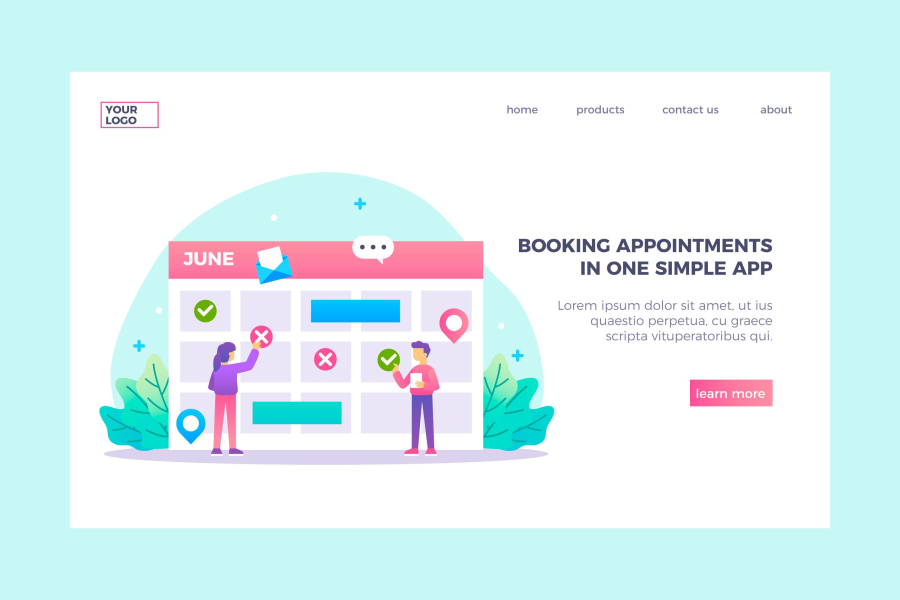Building a Remote Accounting Business from Scratch
Freelancing in accounting has evolved beyond traditional office work. In 2025, the rise of remote work and digital platforms allows accountants to build businesses that operate entirely online. Starting a remote accounting business offers flexibility, access to global clients, and the potential for scalable income. However, creating a successful remote practice requires careful planning, effective systems, and strategic marketing.
This guide provides practical tips for building a remote accounting business from scratch, covering planning, client acquisition, technology adoption, and best practices for long-term success.
Step One: Define Your Niche
Focusing on a specific niche helps differentiate your remote accounting business. Consider:
Small Businesses and Startups: Offer bookkeeping, payroll, and tax services
Freelancers and Independent Contractors: Provide income tracking, quarterly tax planning, and deductions guidance
Industry-Specific Services: Specialize in healthcare, tech startups, or e-commerce accounting
Defining a niche allows you to tailor services, develop expertise, and attract clients who value specialized knowledge.
Step Two: Set Up Legal and Business Structures
Establishing a legal foundation ensures compliance and builds credibility. Steps include:
Choose a Business Structure: Options include sole proprietorship, LLC, or corporation, depending on liability preferences and taxation
Register Your Business: Obtain necessary licenses, tax identification numbers, and local permits
Set Up a Business Bank Account: Keep personal and business finances separate for clarity and accurate reporting
Consider Professional Liability Insurance: Protects against potential claims related to accounting errors
A solid legal foundation safeguards your business and enhances client trust.
Step Three: Invest in Technology and Tools
Remote accounting relies on technology for efficiency, accuracy, and communication. Essential tools include:
Accounting Software: QuickBooks Online, Xero, FreshBooks for bookkeeping, invoicing, and reporting
Cloud Storage: Google Drive, Dropbox, or OneDrive for secure document sharing
Communication Tools: Zoom, Microsoft Teams, or Slack for client meetings
Time Tracking and Project Management: Tools like Trello, Asana, or Clockify help manage multiple clients and deadlines
Payment Processing: PayPal, Stripe, or direct bank transfers for seamless billing
Investing in reliable tools ensures smooth operations and professional client service.
Step Four: Develop a Pricing Model
Pricing is a key factor for attracting clients and sustaining your business. Consider:
Hourly Rates: Suitable for flexible or irregular workloads
Fixed Packages: Offer monthly bookkeeping, tax filing, or payroll services for predictable income
Value-Based Pricing: Charge based on the value delivered, especially for complex advisory services
Research market rates, consider your experience, and clearly communicate pricing to clients.
Step Five: Market Your Remote Accounting Services
Effective marketing attracts clients and builds credibility. Strategies include:
Build a Professional Website: Showcase services, testimonials, and case studies
Leverage Social Media: Share tips, insights, and engage with potential clients on LinkedIn, Twitter, or niche platforms
Networking: Join accounting forums, online communities, and virtual business groups
Content Marketing: Publish blog posts, guides, or newsletters demonstrating expertise in accounting and financial management
Referral Programs: Encourage satisfied clients to refer others for discounts or incentives
Consistent marketing helps establish a strong online presence and attract quality clients.
Step Six: Streamline Client Onboarding
Efficient onboarding improves client experience and reduces administrative workload. Steps include:
Digital Agreements: Use e-signatures for contracts and engagement letters
Client Questionnaires: Gather necessary financial information and preferences
Automated Workflows: Set up recurring tasks such as monthly bookkeeping or tax reporting
Secure Document Sharing: Use encrypted cloud storage for sensitive client data
A smooth onboarding process builds client confidence and sets the stage for long-term relationships.
Step Seven: Implement Remote Communication Best Practices
Clear communication is vital for remote accounting success. Tips include:
Regular Updates: Provide weekly or monthly financial summaries
Scheduled Meetings: Set recurring video calls for progress reviews
Clear Documentation: Maintain detailed records and share reports in accessible formats
Prompt Responses: Address client inquiries quickly to build trust and satisfaction
Consistent communication ensures clients feel informed and valued.
Step Eight: Maintain Compliance and Security
Remote accountants must adhere to legal and ethical standards. Consider:
Data Protection: Use encryption, secure passwords, and two-factor authentication
Compliance with Accounting Standards: Follow GAAP, IFRS, or local accounting rules
Tax Filing Requirements: Ensure timely reporting of income, expenses, and payroll taxes
Audit Preparedness: Maintain organized records to support financial statements and reports
Prioritizing compliance and security safeguards both your clients and your business reputation.
Step Nine: Scale Your Remote Accounting Business
Once established, scaling can increase revenue and reduce workload per client. Strategies include:
Hire Virtual Assistants or Junior Accountants: Delegate routine tasks while focusing on advisory services
Expand Services: Offer financial planning, tax advisory, or payroll solutions
Automate Processes: Implement recurring invoices, automated reconciliations, and reporting
Diversify Client Base: Target multiple industries or geographic regions to reduce dependence on a single market
Scaling allows freelancers to grow sustainably and maximize business potential.
Conclusion
Building a remote accounting business from scratch requires strategic planning, technology adoption, and consistent client-focused practices. By defining a niche, establishing a legal foundation, leveraging accounting tools, and implementing effective marketing, freelancers can create a successful online accounting practice. Prioritizing communication, compliance, and automation ensures efficiency and client satisfaction.
In 2025, remote accounting offers unprecedented opportunities for growth and flexibility. Freelancers who invest in technology, streamline operations, and maintain professional standards can build a profitable and sustainable business while providing high-value services to clients worldwide.


 by Emily
by Emily




